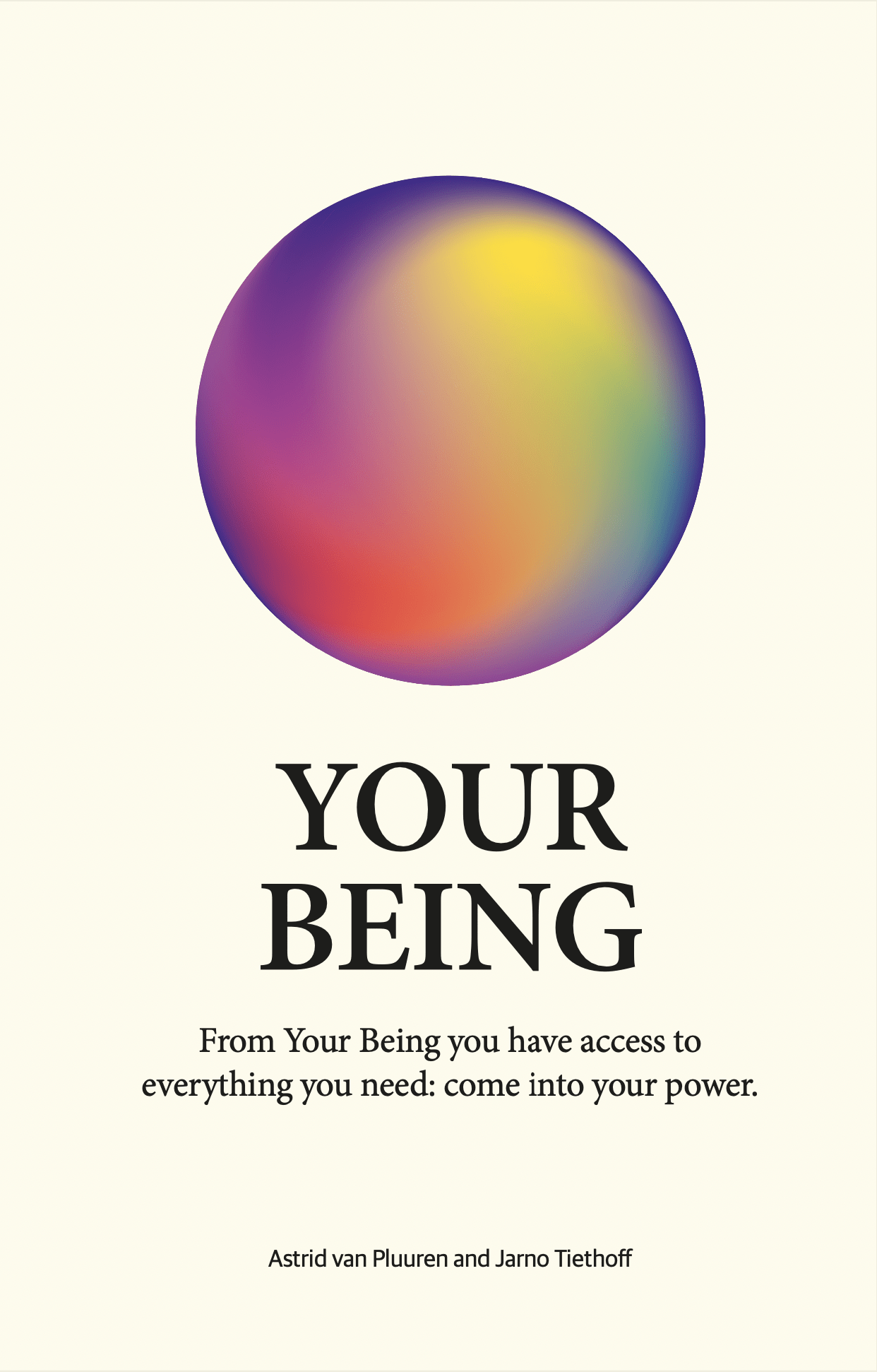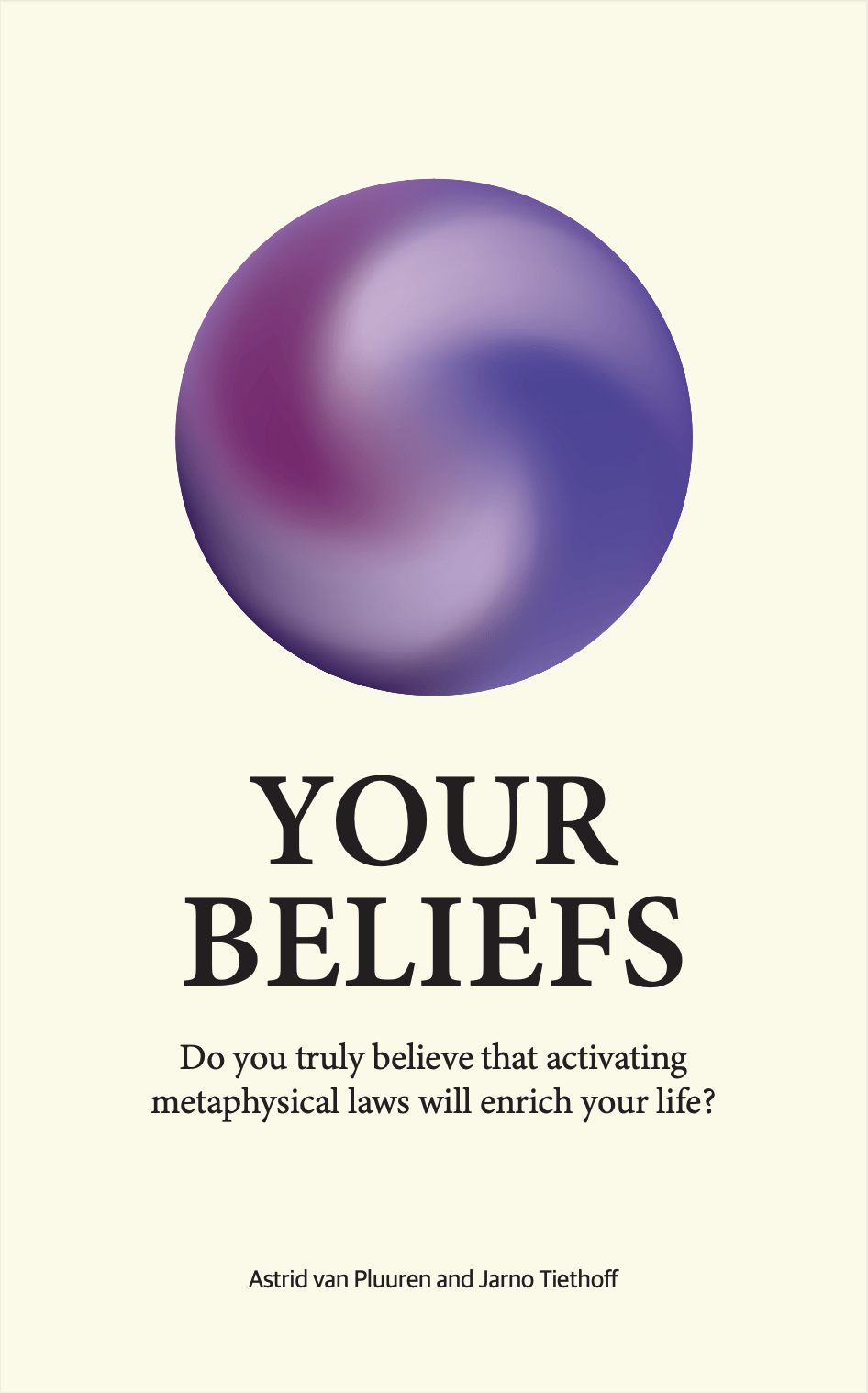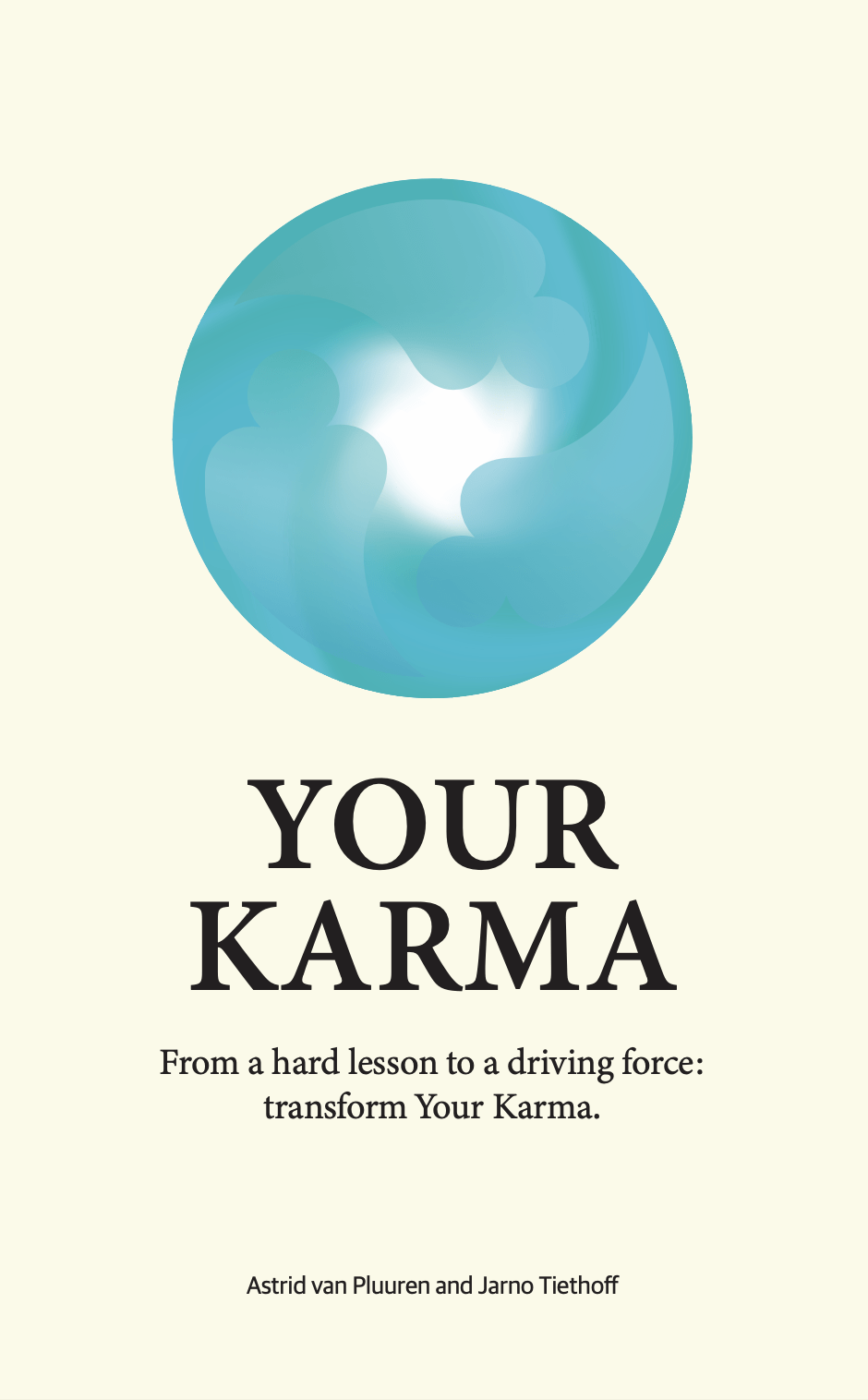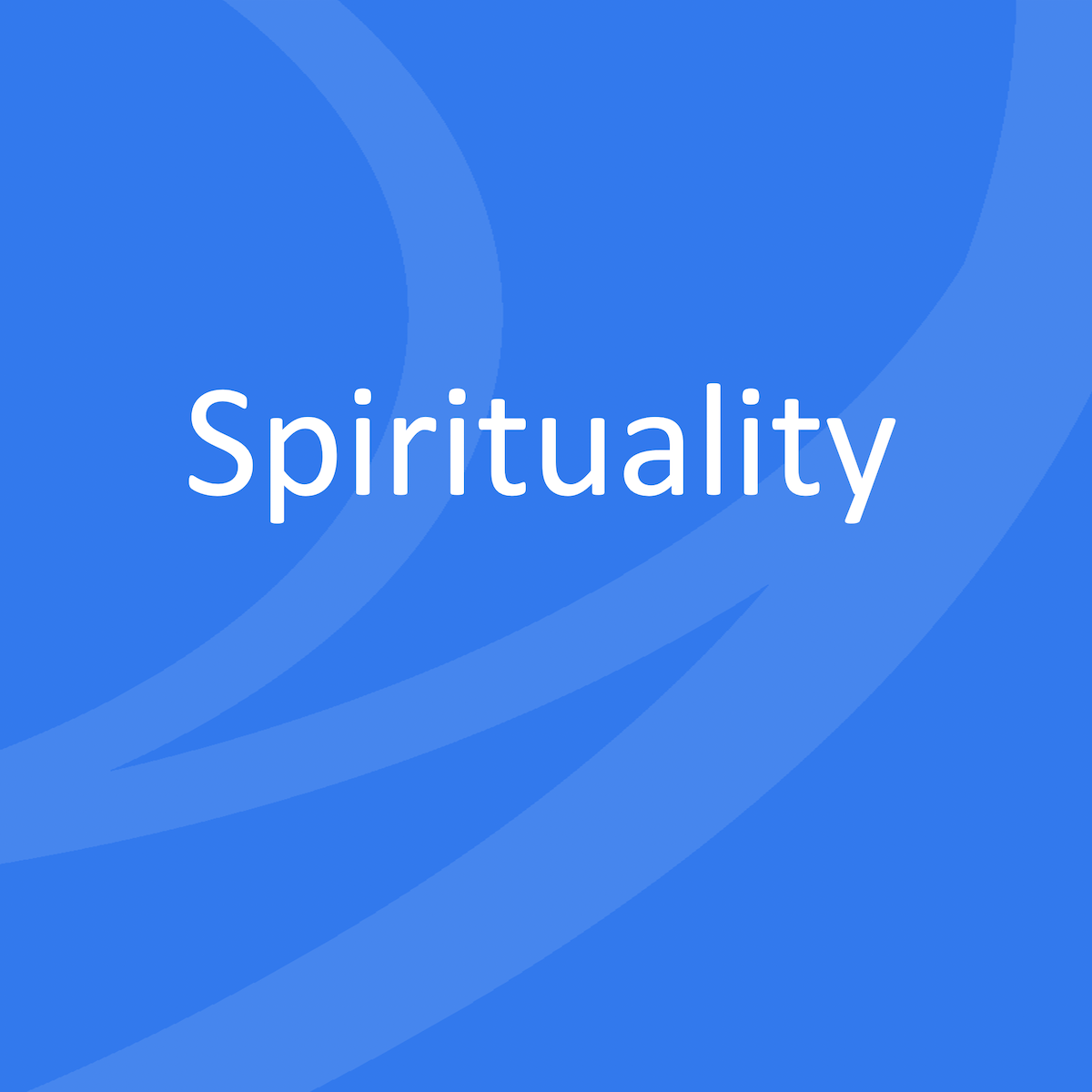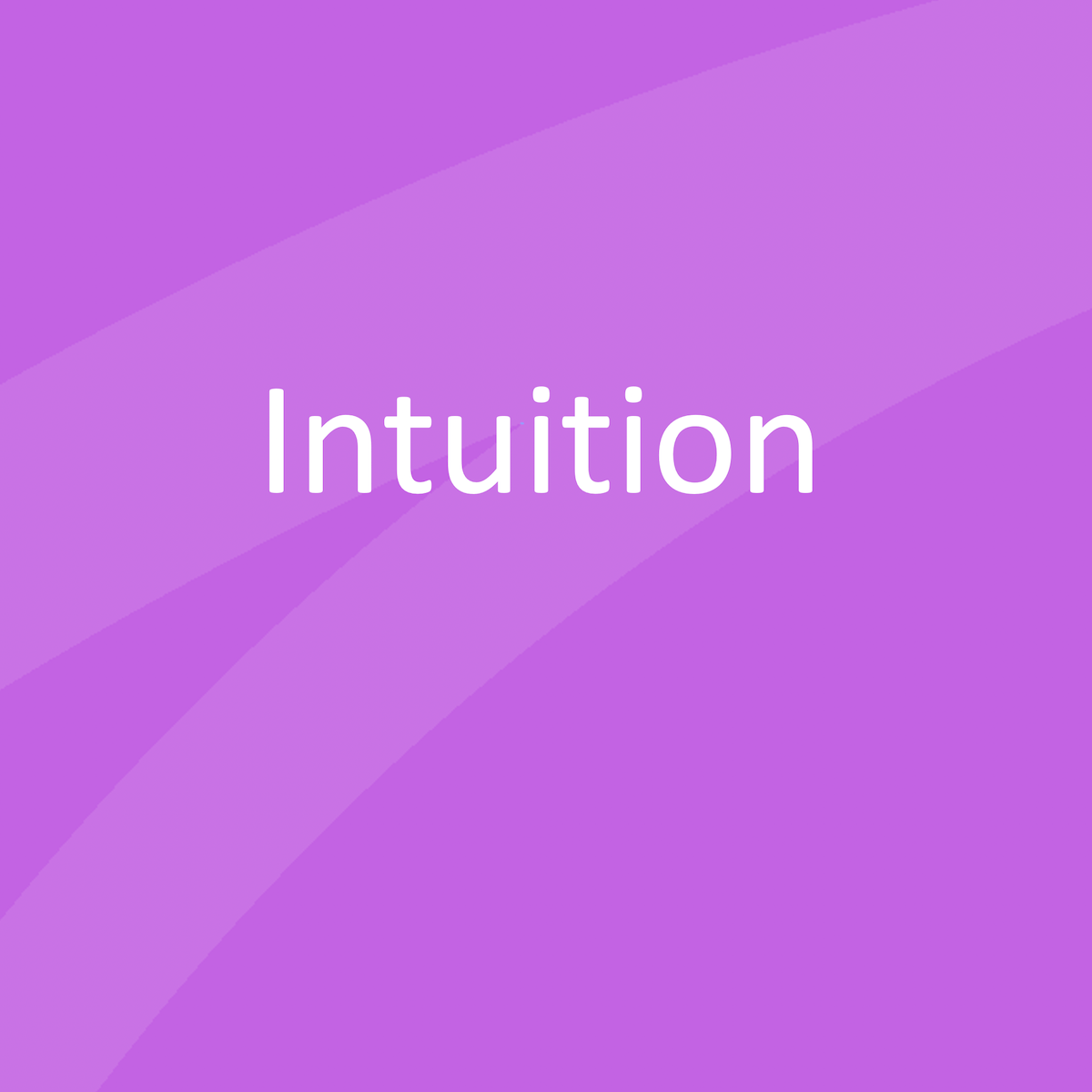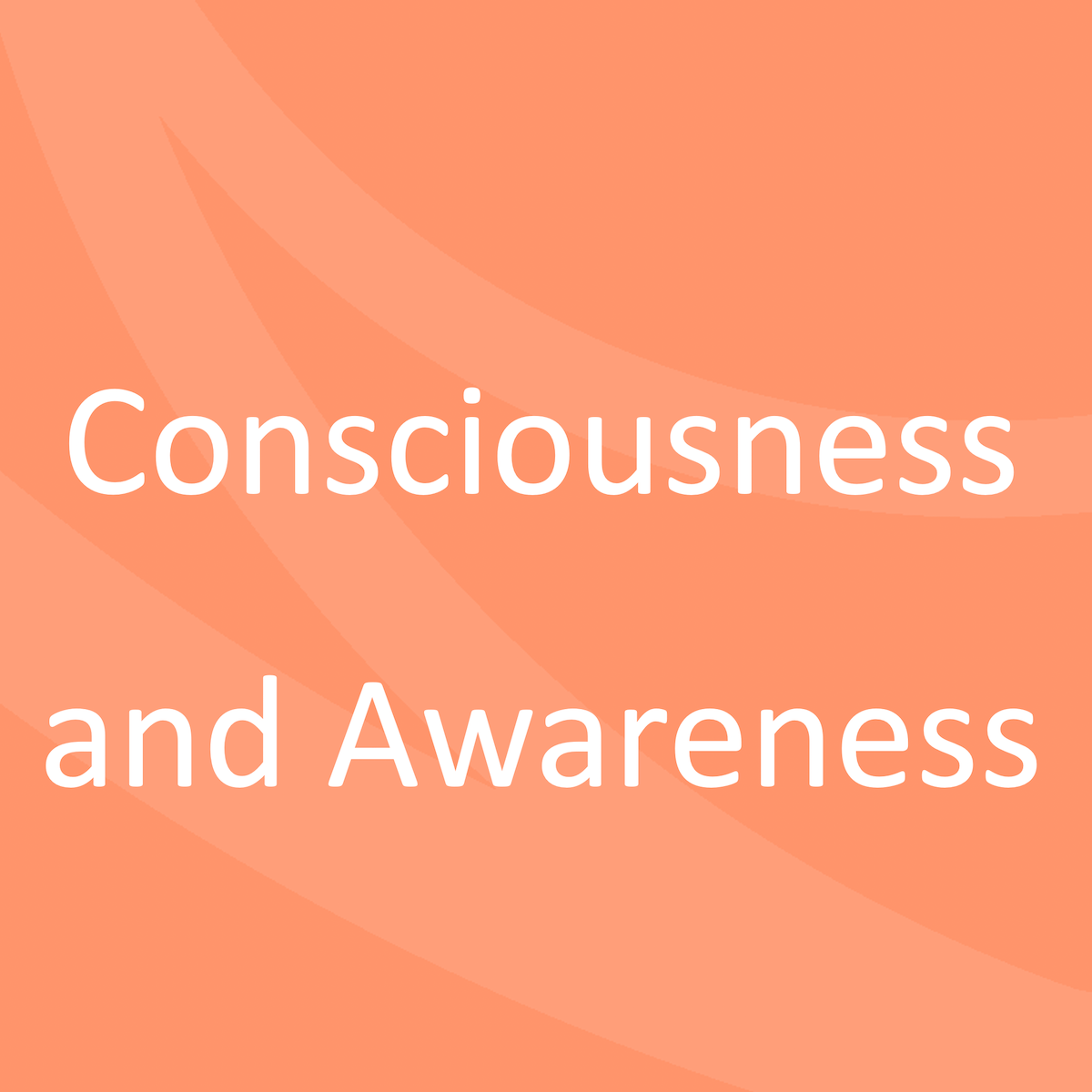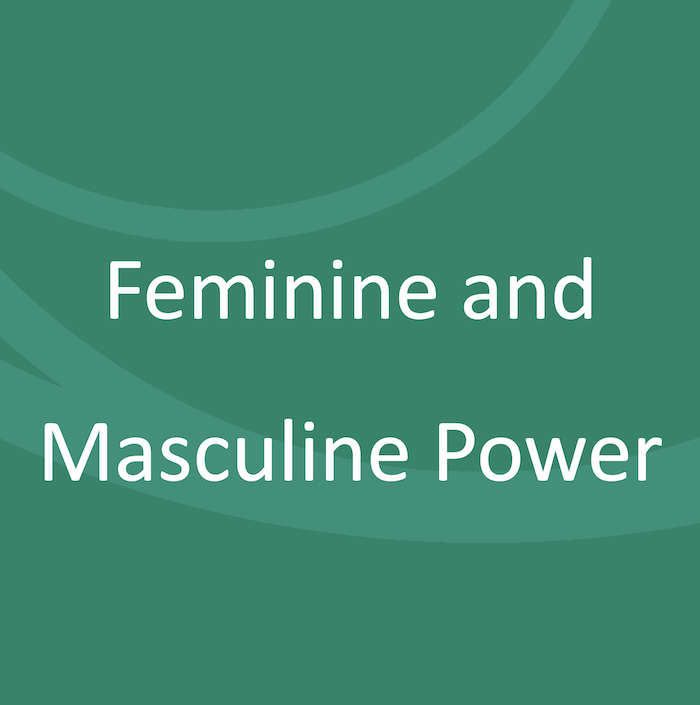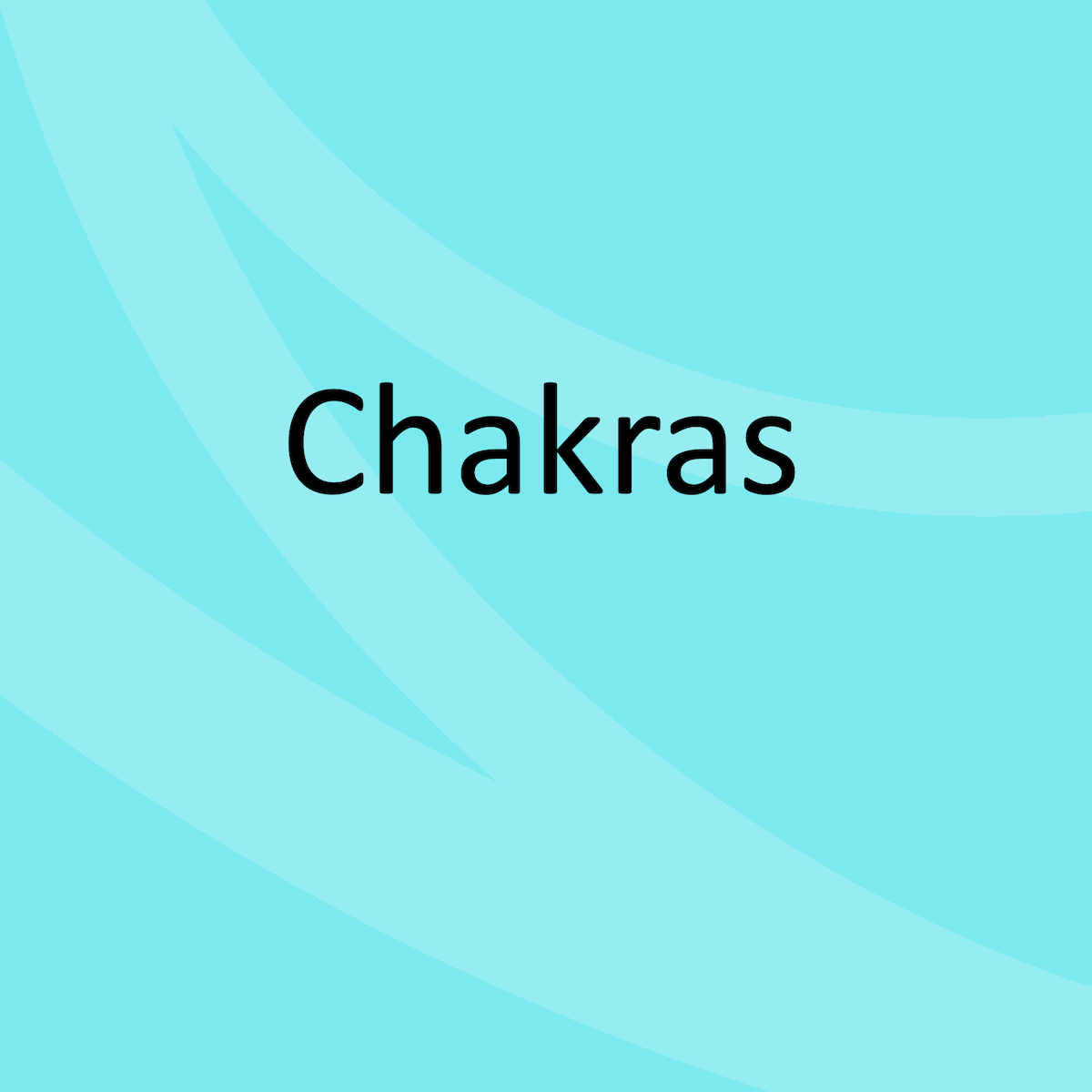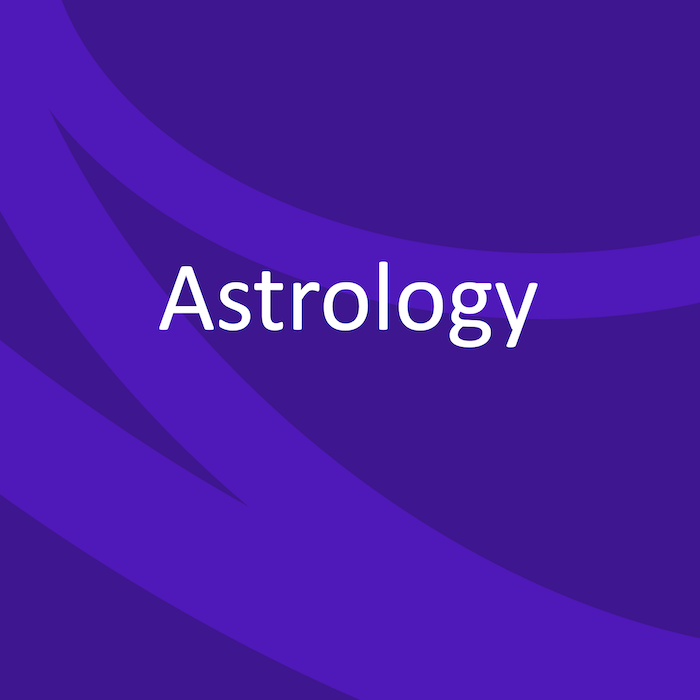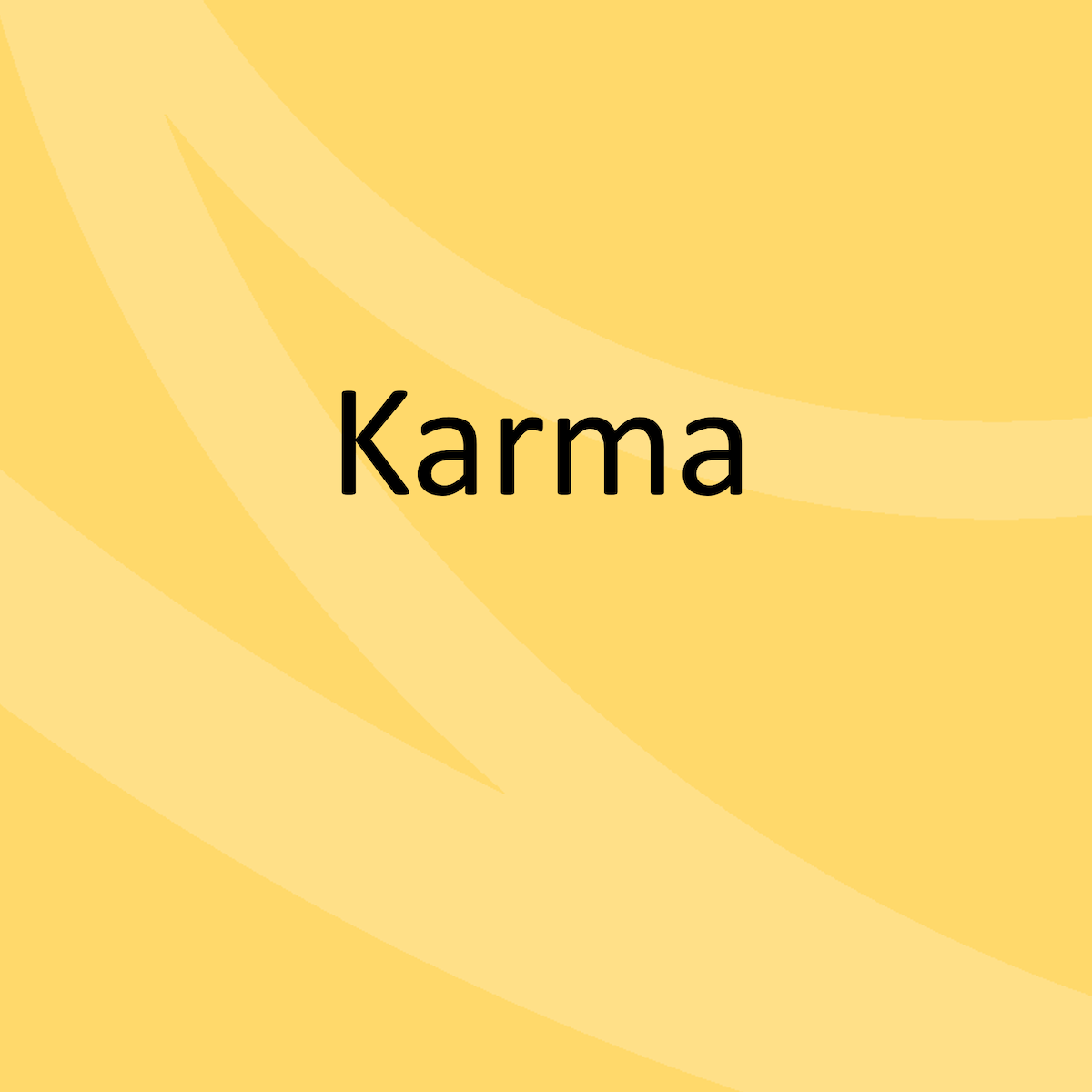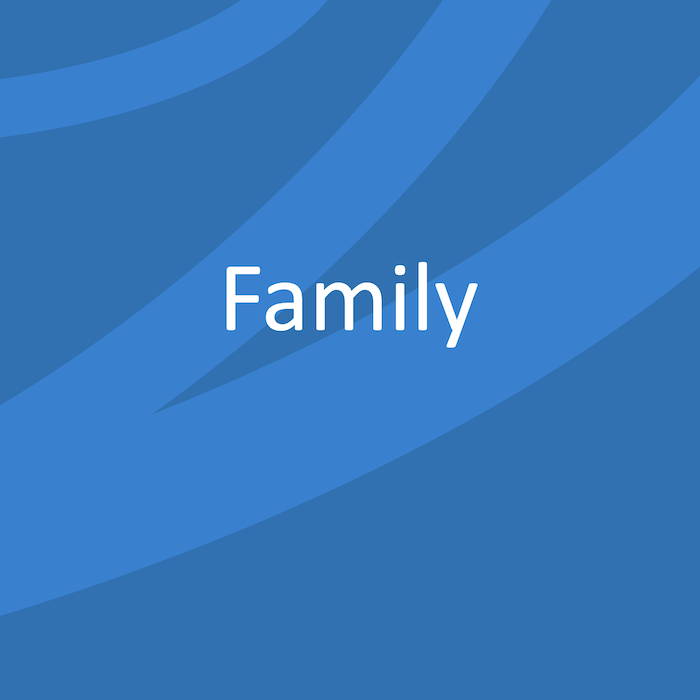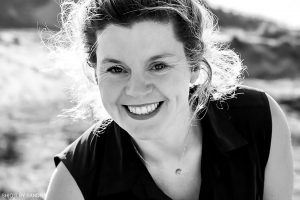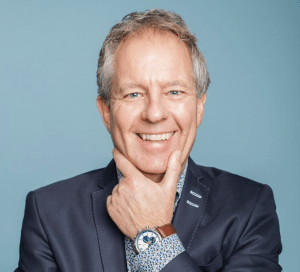Being Completely Yourself and Why It Costs Energy When You Don't
In a world full of expectations, roles, and imposed norms, being completely yourself is an act of courage. It may seem simple—“just be yourself”—but behind that simple phrase lies a profound life mission. Because when you don't fully live who you really are, your energy flows away to everything you try to maintain that isn't really yours.
Masks and Rolls Consume Energy
From an early age, you learn how you ‘should’ be. You develop ways to fit in, be appreciated, or avoid conflict. These strategies can help you survive, but they also cost you something essential: connection with your essence. Every mask you wear—social, professional, familial—requires maintenance. You have to be careful, restrain yourself, adapt, control yourself. That requires constant mental, emotional, and energetic effort.
You are playing a role, but your body senses that it is acting. There is tension in your system because you are constantly deviating from your natural flow. Your energy is leaking away through all the little “no's” you say to your intuition, your desires, your truth.
Forces of Resistance
When you suppress something (in yourself) and feel uncomfortable with it, resistance to it arises. For example, if you can't be yourself in a relationship or at work. This resistance causes the 'Forces of Resistance' to work with it. As a result, these types of situations come back again and again, creating more and more blockages in yourself, and eventually making it impossible to keep up. More about the forces of resistance
Would you like to know more about the laws and forces that influence situations and thus the course of your life? These are described in the book Your Beliefs. It is also explained how you can consciously activate these laws and forces in order to give more direction to your life.
Why “Just Being You” is healing
Being completely yourself doesn't mean that you always speak your mind or argue with everything. It means that you are true to what you feel, know, and are inside. You live from your essence, rather than from compensation, conformity, or fear.
When you allow yourself to be who you truly are—with your sensitivity, strength, boundaries, wisdom, vulnerability, and intuition—something special happens: your energy begins to flow again. You no longer need to hold on to what is not yours. That feels lighter, freer, and more natural. Healings help you accelerate this process.
People who are completely themselves often radiate an effortless strength. Not because they are perfect, but because they no longer live in opposition to themselves.
How Can You Tell When You're Not Being Yourself?
- You feel exhausted after social situations
- You constantly doubt your choices
- You adapt to what others want and put your own needs aside
- You feel that you are holding yourself back or sabotaging your true desires
- You are very concerned with “ how you come across”
What Does it Take to Be Yourself?
- Self-awareness knowing who you really are and what you want
- Self-Love: self-acceptance, self-confidence, and self-esteem
- Setting boundaries: recognizing your own boundaries and sticking to them
"Once you have the courage to say no, you gain the freedom to say yes to yourself."
Being Yourself is Not Selfish, It is Essential.
If you feel stuck, trapped, or restricted, consider your own role in this. Usually, this stems from your own choices or procrastination. Sense of duty, sense of responsibility, expectations. “I have to provide an income, so I'll just take this assignment,” “these tasks are part of this job, so I have to do them.” Who says so?
The projections, roles, and expectations may have entered your energy system through someone else, but fulfilling or holding on to them comes from within yourself. Break through patterns that don't work for you. In most cases, no one is forcing you to do things a certain way except yourself. What's the worst that can happen? And how likely is it that this will actually happen?
So if you feel that life is sometimes “hard,” ask yourself how much of that hardship comes from adapting to others. How much lighter would you feel if you were just yourself—without restraint, without guilt, without shame?
Perhaps that is the greatest liberty you can give yourself.

